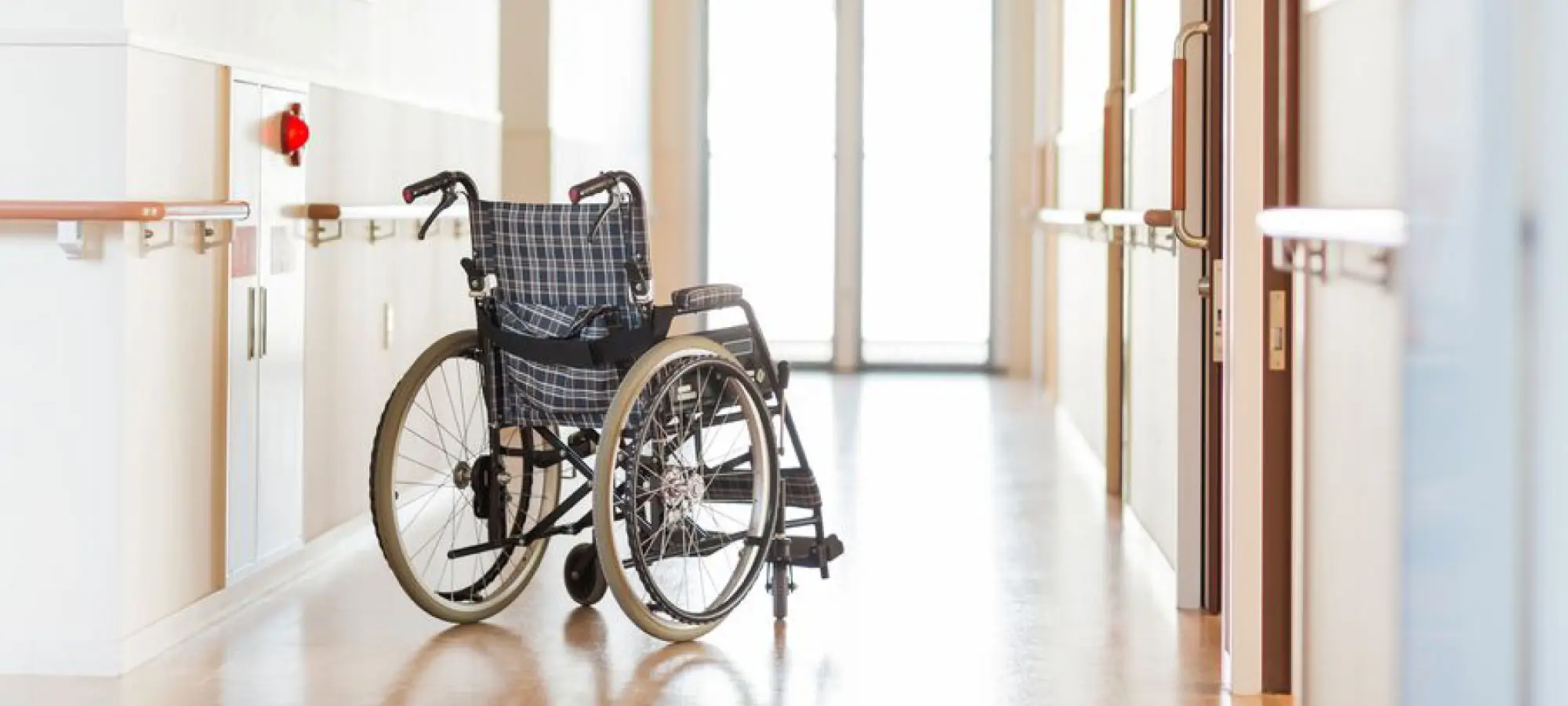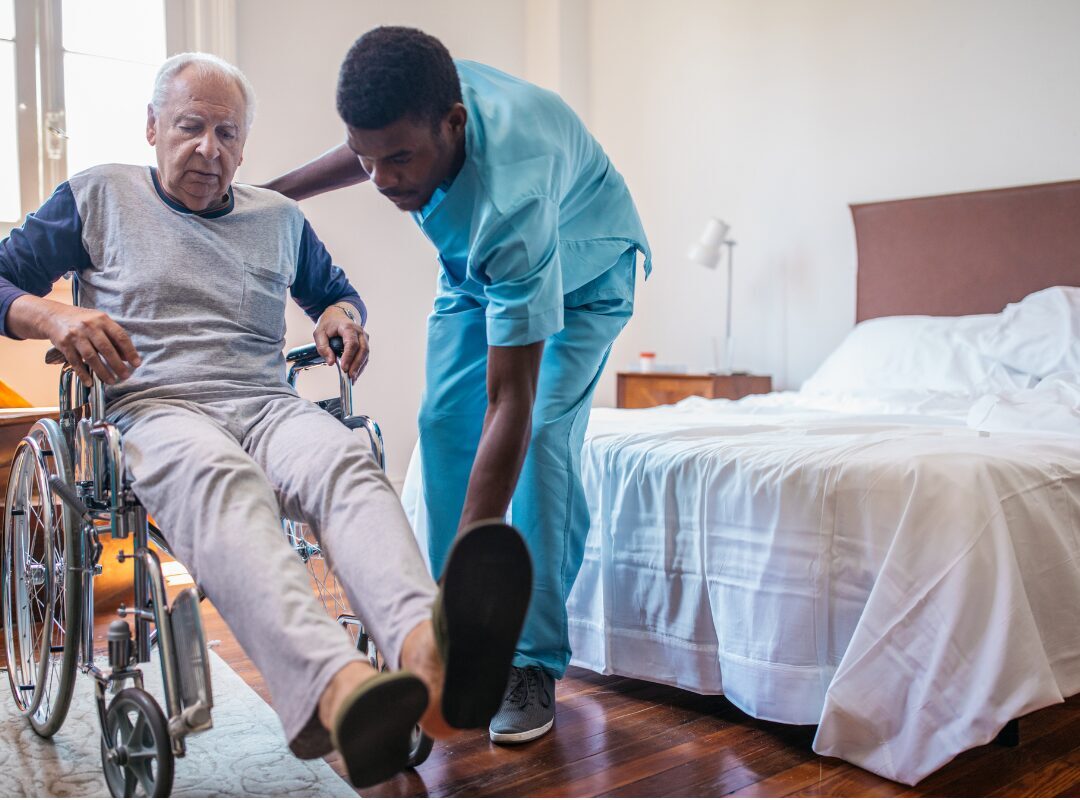Understanding The Vulnerable Adult Statute (VAS)
Elderly people in Washington are protected by the Vulnerable Adult Statute ("VAS"), a powerful law specifically designed to ensure that they get the justice they deserve if they fall victim to this kind of mistreatment.
Chapter 74.34 of the Revised Code of Washington addresses abuse of vulnerable adults. The statute recognizes that there are some adults who are more vulnerable to being victims of nursing home abuse, neglect, financial exploitation, or abandonment by a family member or health care provider. The statute provides authority for legal remedies when a vulnerable adult is found to have been abandoned, abused, financially exploited, or neglected as defined by statute. Legal remedies to prevailing plaintiffs include actual damages, costs of suit, and reasonable attorneys’ fees.
Who qualifies as a Vulnerable Adult in a Nursing Home?
In order to be protected under the Vulnerable Adult Statute, an adult must usually be a resident of a home or facility licensed by the Department of Social and Health Services (DSHS), or be receiving health care from those DSHS licensed individuals.
The vulnerable adult also must meet at least one of the following conditions:
- The adult must be at least 60 years-old and have a functional, mental, or physical inability to care for themselves;
- The adult is found to be incapacitated under RCW 11.88;
- The adult is found to be developmentally disabled according to RCW 71A.10.020 or who DSHS reasonably believes to be disabled;
- The adult was admitted to a DSHS licensed facility;
- The adult was receiving services from home health, hospice, or home care agencies licensed or required to be licensed under RCW 70.127;
- The adult was receiving services from an individual provider who is under contract by DSHS under RCW 74.09 or 74.39A; or
- An adult who self-directs his or her own care and receives services from a personal aide under RCW 74.39.
Examples of Nursing Home Abuse & Neglect
The effects that nursing home abuse and/or neglect can have on a victim vary widely. Mistreatment can occur in the form of financial exploitation, hygienic failures, bodily injury, and even death. Specific examples include:
- Death
- Bed Sores
- Broken/Fractured Bones
- Improper Restraints
- Physical Abuse/Neglect
- Overmedication
- Failure to Bathe Patients
- Stealing Money/Property
- Malnutrition
- Dehydration
- Medication Errors
- Burns & Abuse Injuries
- Failure to Clean Bedding
- Decubitus Ulcers
- Injuries from Falling
- Undue Influence Concerning Property and/or Wills
If you have a nursing home abuse and/or neglect case, call 800.273.5005 or email our attorneys at to schedule a free lawyer consultation.



